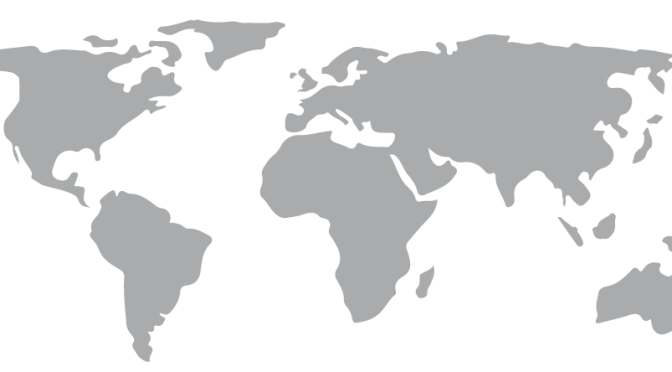Put on your walking shoes and get to steppin’. Relay for Life is coming to USF this weekend. Relay teams raise funds for cancer research during a 24-hour campout, taking turns to walk or run on a local track or pathway. The concept is that, “cancer never sleeps,” according to the Relay for Life website.
The event is hosted by the American Cancer Society (ACS) and also uses the funds to provide free services to cancer patients, including transportation to medical treatment facilities, and cosmetology sessions for women whose appearances have been affected by cancer. ACS also provides information, counseling, and support groups for cancer patients and their families.
The USF Relay for Life will be held at the Negoesco Field from April 20 through April 21.
Relay for Life started in 1985 by Dr. Gordy Klatt, a colorectal surgeon looking to raise money for his local ACS office in Tacoma, Washington. Dr. Klatt raised $27 thousand by circling the track at the University of Puget Sound for 24 hours and having friends and community members donate $25 to walk with him. Twenty-eight years and $4 billion later, RFL now spans across 20 countries.
In addition to the walk around the track, entertainment like music and movies are provided for participants. There are also ceremonies like the Luminara ceremony, which commemorates those who have lost their lives to cancer, and the first lap in which the survivors walk in celebration of their success in defeating cancer.
This Saturday marks the fourth year USF has hosted the event, and regardless of the immense, worldwide success of Relay, “it almost didn’t happen at our campus because of a lack of fundraising efforts and participation,” said leukemia survivor and student Forrest Brunson. Brunson, senior communications major, fought to bring Relay back to USF with his team. On planning the event, Brunson used his fighting attitude to pull through. “Cancer doesn’t sleep so neither do we,” he said. “That’s how I felt this entire semester planning it.”
ACS set a goal of $18,000 last year, with each team member required to make a minimum of $10 to participate. The event fell short and raised $14,000. “It’s sad because we’re such an affluent campus and they’re setting a goal for us that’s less than people’s tuition,” Brunson said.
For the planning committee and Brunson, who is the Relay team recruitment chair, their passion for raising awareness for cancer won over the ACS, who decided to give them another shot at it this year. “ACS isn’t going to invest their time and resources if the outcome isn’t going be worth it,” Brunson explained. “They basically told us, ‘If you’re going to do it you have to do a really good job’”.
Brunson’s passion for the event comes from his own battle with cancer. In February 2011, Brunson was diagnosed with leukemia during his sophomore year at USF. He had to take a year off school and return home to San Diego for treatment. “It all happened so fast,” Brunson said of his diagnosis. “I’d always tell people I had this feeling of being kidnapped.”
Brunson and his friends had planned on participating in Relay before his diagnosis. “It just so happened a couple of weeks after we started talking about participating, I was diagnosed,” he said. This uncanny coincidence brings the event closer to Brunson’s heart, and even though he couldn’t walk that year, his friends went ahead and kept him posted the entire time by texting him pictures. Their team was called, “Pretty Little Walkers.” “It was so encouraging and heartwarming to see my friends walking for me,” said Brunson, laughing. He added: “On all their shirts, they wrote ‘It’s for Forrest b****’ because I’m a huge Britney Spears fan.”
Brunson has been in remission for over two years now, and got his chance to participate at last year’s USF event, where he spoke to the crowd about his story. “It’s an outlet, a sense of community and belonging, especially with cancer. It’s kind of taboo to talk about it out in the open. RFL brings together people who have been involved with cancer from all different walks all coming together for a really good cause.”
With a total of 25 USF teams participating this year, Forrest and his committee are already up by 11 teams compared to last year’s 14. Brunson feels optimistic about reaching their $18,000 goal this year. Many participants are members of sororities, fraternities, and clubs on campus. The number of teams and participants in a Relay event depend upon the team recruitment chair. Depending on the size of the event, there can be anywhere from hundreds to thousands of participants.
For more information on participating in Relay for Life or making a donation toward funding cancer research, visit http://www.relayforlife.org/getinvolved/index.

